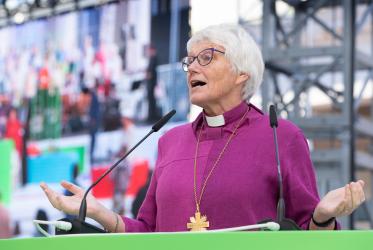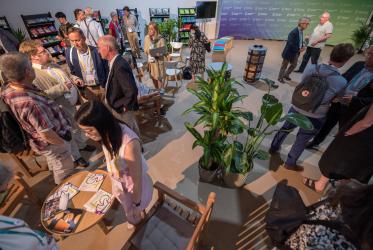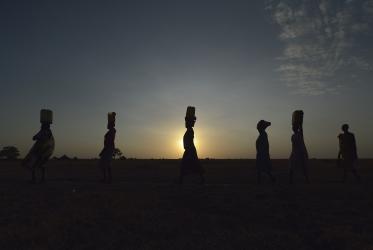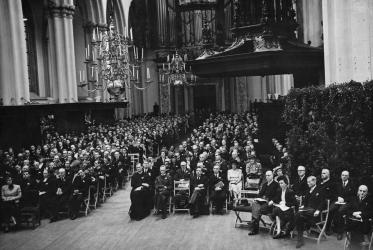Displaying 101 - 120 of 1082
At assembly and beyond, WCC publications inspire and move
14 September 2022
Uppsala 1968: The times, they were a’changing
06 September 2022
Assembly participants come together as church families
04 September 2022
Care for Creation: Decades of ecumenical advocacy
01 September 2022








